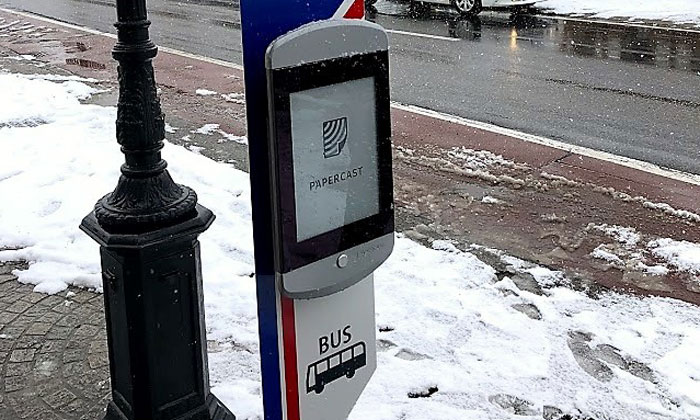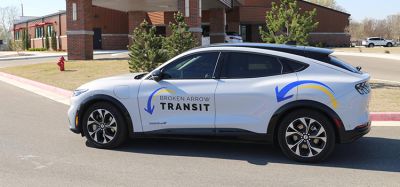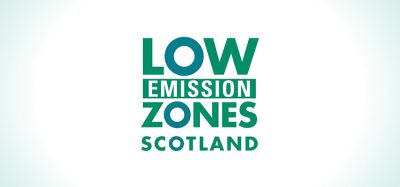Japan set for its first solar powered, smart e-paper bus stop
- Like
- Digg
- Del
- Tumblr
- VKontakte
- Buffer
- Love This
- Odnoklassniki
- Meneame
- Blogger
- Amazon
- Yahoo Mail
- Gmail
- AOL
- Newsvine
- HackerNews
- Evernote
- MySpace
- Mail.ru
- Viadeo
- Line
- Comments
- Yummly
- SMS
- Viber
- Telegram
- Subscribe
- Skype
- Facebook Messenger
- Kakao
- LiveJournal
- Yammer
- Edgar
- Fintel
- Mix
- Instapaper
- Copy Link
Posted: 20 February 2018 | Intelligent Transport | No comments yet
Bringing real-time information to bus stops will improve the customer experience, expel confusion regarding travel arrangements and ultimately increase ridership…


E Ink Holdings and Papercast have produced a solar powered e-paper passenger information display technology for a smart bus stops project, soon to be trialled in Aizuwakamatsu city, Japan.
The project is administered by Aizu Riding Car Development, a consortium initiated by Michinori Holdings, operator of the Aizuwakamatsu bus service, Aizu Bus. Their purpose is to improve service convenience and reduce costs by digitally connecting bus stops. It will see the replacement of traditional paper signs with real-time passenger information on electronic displays.
“Using E Ink display components, Papercast has developed a platform specifically to meet the real-time bus stop information requirements of operators and their users. Papercast offers a unique range of features up to nine times more energy efficient than comparable alternatives,” said Bogdan Pavlic, Chief Technology Officer at Papercast.
In Japan, there are 500,000 bus stops nationwide with nearly 90 per cent with no power supply. This means an off-the-grid, cost effective installation is a requirement for the project. By combining E Ink low power display technology with low power, wide area (LPWA) wireless technology, the bus stop displays can be easily installed using solar power only – without power or network cables.
“It is expected that this will facilitate widespread fulfilment across the bus network in the future, therefore benefitting more users and helping to boost service adoption,” commented Rado Skender, Director of Business Development at Papercast.
Managed remotely through the Papercast data management platform, the multi-lingual displays will present live bus arrivals, timetables, route data, route transfers, service alterations and a range of other travel advice.
“E-paper works just like paper with sunlight readability and high contrast, with the added benefit of real-time updates, making it an ideal information display for bus stops. Since E Ink’s electronic ink is bistable, meaning the display consumes power only when the image or content changes, it is the perfect display to run on solar cells,” said Dr. FY Gan, Executive Vice President of Sales Center of E Ink Holdings.
Additionally, remotely updating content on digital displays removes the need to replace paper timetables, which quickly go out of date and do not always accurately reflect the service. Arrival information will be provided to better manage and meet user expectations.
Related topics
Alternative Power, Passenger Experience, Travel & Passenger Information
Related cities
Japan
Related organisations
E Ink Holdings, Papercast
Related people
Bogdan Pavlic, Dr. FY Gan, Rado Skender








